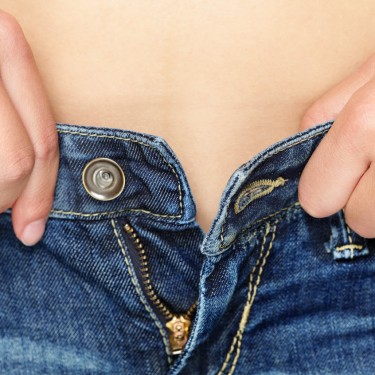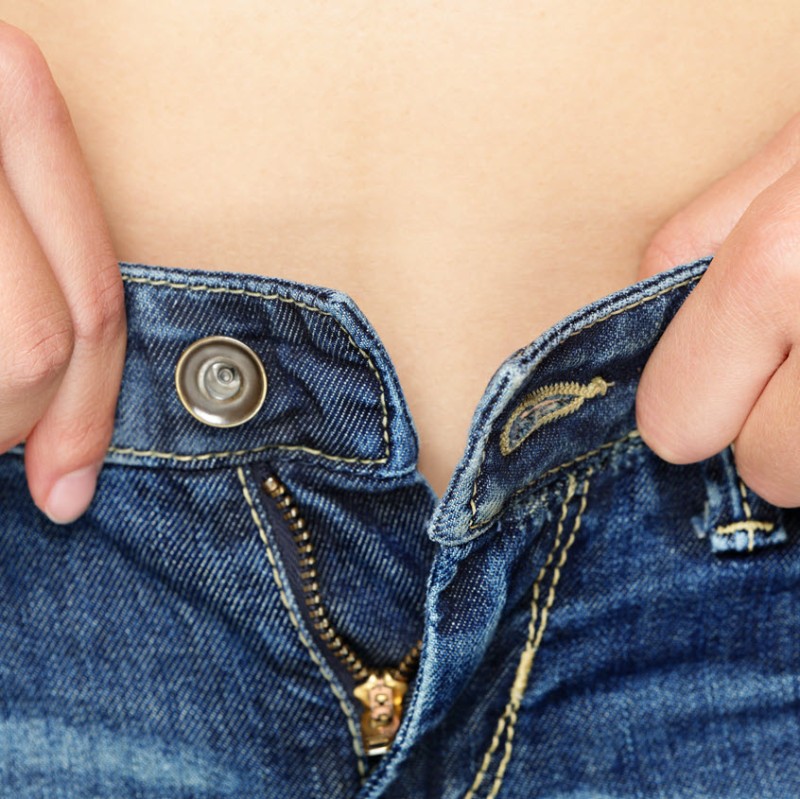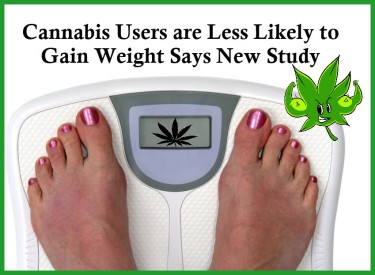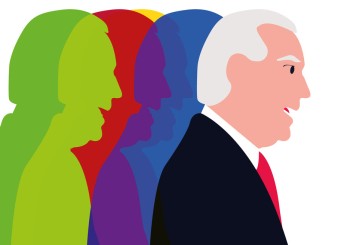
For weight-conscious individuals, it can be confusing to navigate the CBD market.
But it’s natural even for people at a healthy weight to be interested in maintaining it to avoid being overweight. After all, being overweight or worse, obese, has been associated with numerous preventable illnesses such as stroke, type 2 diabetes, high blood pressure, osteoarthritis, coronary heart disease, and more. It’s always in your best interest to keep your weight at a healthy level as much as possible.
It’s known that the tetrahydrocannabinol (THC) content in marijuana products has been linked to inducing appetite and weight gain, albeit at healthy levels when taken in moderation or under medical supervision. So much so that it’s even being used for inducing the appetite of cancer and HIV patients, or those that struggle with eating disorders.
But when it comes to CBD, will it help you lose weight, or will it cause weight gain?
The truth is, there’s no clear-cut answer, though the results can vary depending on many factors. Here’s some food for thought, based on existing studies:
How CBD Affects Metabolism
A 2016 study conducted by Korean researchers focused on the impact of CBD on preadipocytes, which are immature fat cells. Their findings suggest that CBD work in three ways to promote “fat browning” otherwise white fat tissue (scientifically known as white adipose tissue or WAT), since browned fat is more effective in weight loss as well as obesity treatments.
Additionally, brown fat is more efficient in metabolizing fat molecules and blood sugar to help us maintain our body’s temperature. The presence of more white fat in the body can increase the risk of heart disease and diabetes while brown fat induces weight loss.
The researchers discovered that CBD works to stimulate genes and proteins that are responsible for breaking down fat. It can also increase the mitochondria activity which strengthens the body’s calorie-burning mechanisms. On top of that, CBD consumption has been found to decrease protein expression for those associated with creating new fat cells in the body.
CBD Decreases Obesity Risk Factors
There are other indirect lifestyle factors that contribute to weight gain. Some of the biggest culprits are stress, anxiety, and lack of sleep.
-
Stress: Constant exposure to stress leads to an increase in the production of cortisol, which is known as the stress hormone. Cortisol may be the reason why you tend to look for fatty and sugary foods under times of stress, and it’s also associated with a rise in insulin levels. Research shows that CBD works to reduce cortisol levels especially among people who take 300 or 600 mg of CBD daily.
By addressing stress, you can stop weight loss in its track.
In addition, CBD is also a mood enhancer. When we’re in a better mood, we can be more motivated to exercise. Many studies, including one from 2021, prove CBD’s efficacy in treating mood disorders and anxiety.
CBD Reduces Risk of Type 2 Diabetes
Type 2 diabetes is extremely common, and this condition is associated with obesity and weight gain. A medical review from 2020 revealed that CBD affects many factors that result in insulin resistance which leads to type 2 diabetes and then weight gain.
For individuals who are genetically predisposed to type 2 diabetes, you may take CBD products as a way to keep your metabolic resistance healthy.
How To Choose CBD Products For Weight Loss
Before going any further, remember that CBD products are not a one-size fits-all solution to lose unwanted pounds. It may cause some people to gain weight while others lose, though there are many factors involved including your lifestyle and metabolism among others.
The myriad of studies out there generally show the consensus that CBD is highly unlikely to cause weight gain by itself. But one also has to keep in mind that marijuana products affect everyone differently; CBD may cause your friend to be hungrier than usual while it may cause you to have a suppressed appetite.
The best way to make use of CBD for weight loss is to also approach it holistically, ensuring you are exercising regularly, eating nutritiously and in accordance with your specific health needs, and getting at least 8 hours of sleep a night.
Having said that, here are things you should look out for when shopping for CBD products that will assist with weight loss:
-
Use CBD products that are low in calories, so stay away from sugar-rich gummies that can contribute to weight gain. Low to zero calorie CBD product examples would include unflavored oils, tinctures, and vapes.
-
Look for a Certificate of Analysis (COA) or third party testing to identify if there are other compounds within the product you are considering purchasing. If CBD products contain a significant amount of THC, you can get high and experience the munchies, causing weight gain over the long run. A COA is essentially proof that the product contains exactly what the manufacturer says and nothing else.
-
Experiment with dosages and take note of its effects. It’s generally recommended to start with 5 to 10 mg of CBD within a day. Observe how it makes you feel: does it make you feel relaxed, more alert, focused, or sleepy? Adjust your dose as needed. Eventually you will find the best time and dose to take so that you can modify consumption based on what you need it most. For example, 5mg in the morning may give you a little boost to workout, while 15mg at night can give you the well-rested sleep you need before your morning exercise.







